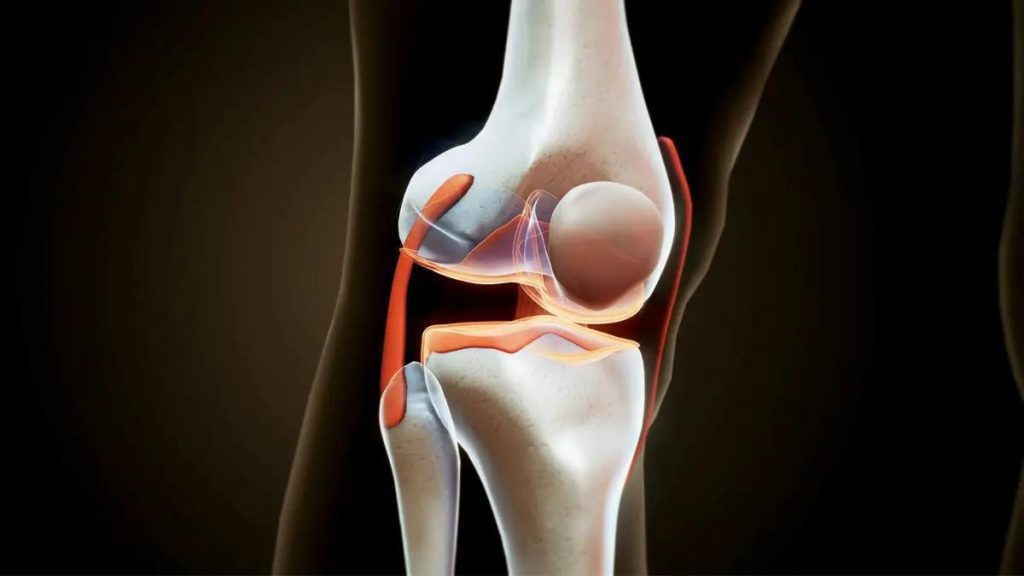- Syphilis cases in Colorado have tripled since 2018, with 50 cases of congenital syphilis last year, up from seven in 2018.
- The state Health Department issued a public health order requiring expanded syphilis testing for pregnant individuals, including during the third trimester and at delivery.
- The rise in syphilis cases is being addressed through wider testing, especially in populations with higher rates of the disease, such as those who are homeless, incarcerated, or use injection drugs.
Syphilis, often dubbed “the great masquerader” by Dr. Michelle Barron, an infectious disease expert with UCHealth, poses a significant public health challenge in Colorado. The state has witnessed a staggering rise in syphilis cases, with numbers tripling since 2018. This increase has prompted urgent action, including a recent public health order aimed at enhancing testing for syphilis, particularly among pregnant individuals, to prevent the spread of this devastating disease.
The Rising Tide of Syphilis Cases in Colorado
Since 2018, syphilis cases in Colorado have soared, reaching 3,266 last year from 1,084 in 2018. This sharp increase is alarming, considering that the 2018 numbers already represented a significant jump from previous years. What makes the situation even more concerning is the rise in congenital syphilis cases. In 2023, Colorado reported 50 cases of congenital syphilis, up from just seven in 2018. This year, there have already been 25 reported cases, indicating a potential further increase.
The implications of syphilis extend beyond the infected individuals. Syphilis, primarily transmitted through sex, can also be spread from mothers to babies in utero. Of the 25 congenital syphilis cases reported so far this year, five resulted in stillbirths or miscarriages, and two ended in death shortly after birth. These tragic outcomes underscore the urgency of addressing the syphilis epidemic, particularly among pregnant individuals.
Colorado’s Public Health Response
In response to the rising syphilis cases, the Colorado Department of Public Health and Environment issued a public health order effective April 25. The order mandates that medical providers offer syphilis testing to pregnant individuals during the third trimester and at the time of delivery, in addition to the first trimester. It also requires testing in cases of fetal death after 20 weeks of gestation.
Syphilis presents unique challenges due to its often asymptomatic nature, especially in the early stages. Dr. Rachel Herlihy, the state epidemiologist, emphasizes the importance of testing to detect and treat syphilis early. Early detection allows for prompt treatment with common antibiotics, which can save lives and prevent long-term complications.
To combat the rise in syphilis cases, Colorado has implemented targeted efforts, including expanded testing programs. These efforts focus on populations at higher risk, such as the homeless, incarcerated individuals, and injection drug users. A pilot program in Pueblo County, which screened 634 incarcerated individuals, identified 182 cases of syphilis, demonstrating the program’s effectiveness in detecting and treating the disease.
Syphilis presents a significant public health challenge in Colorado, with rising cases threatening the health and well-being of its residents. The state’s public health order, requiring expanded testing for syphilis, particularly among pregnant individuals, is a crucial step in controlling the epidemic. Early detection and treatment are key to preventing the spread of syphilis and protecting the health of vulnerable populations. By prioritizing testing and proactive treatment, Colorado aims to curb the rising tide of syphilis cases and ensure a healthier future for all its residents.
Tags: Colorado, syphilis, public health order, rising cases, congenital syphilis, prenatal testing, infectious disease, Colorado Department of Public Health and Environment, syphilis prevention, syphilis treatment








temizlik şirketi istanbul | Temizlik firması, özellikle yoğun yaşam temposu olanlar için hayat kurtarıcı oluyor.